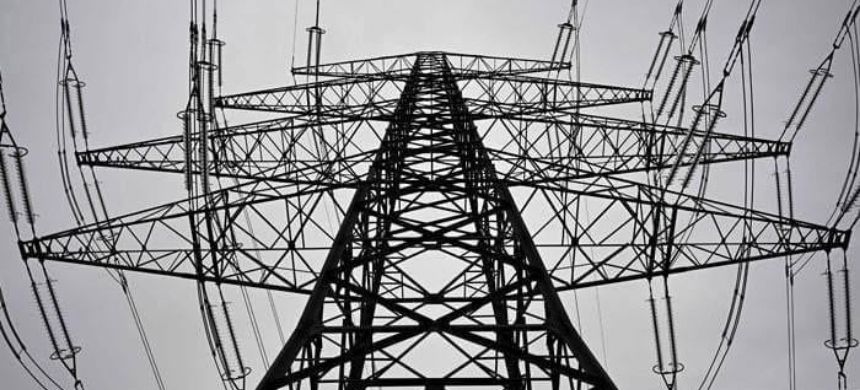The Government of Pakistan has announced plans to open the country’s electricity market, giving major power users the freedom to choose their own supplier starting January 2026. This move is part of broader energy reforms aimed at promoting competition and improving efficiency in the power sector.
According to Power Division Secretary Dr. Fakhar Alam Irfan, the Government is introducing an open electricity market to replace the long-standing regional monopolies of distribution companies (DISCOs). Under this new system, consumers using 1 megawatt (MW) or more will be able to buy power from any licensed company of their choice rather than being tied to a single local distributor.
The Government believes this reform will encourage competition and lead to fairer electricity prices for industrial and commercial consumers. It follows earlier initiatives that allowed large users to purchase power directly from producers instead of relying on traditional distribution networks.
Dr. Irfan briefed the National Assembly’s Standing Committee on Power that while progress is being made, challenges remain. The country’s circular debt remains a key obstacle, though it has dropped from Rs. 600 billion in 2024 to Rs. 397 billion. He emphasized that continued reforms and strong regulatory oversight will be essential to make the open market model a success.
Karachi, currently served almost entirely by K-Electric, will be treated as a special case under the new framework. Committee members expressed concerns that implementation in major cities may face delays due to complex existing systems.
In other related news also read Government Approves Refunds for Pilgrims Missing Hajj
Experts say the reform could transform Pakistan’s electricity sector by giving consumers more control, much like telecom users choosing their network provider. However, they caution that the transition must be carefully managed to maintain system stability and ensure investor confidence.
The Government’s plan marks a major step toward a competitive energy market, aimed at improving efficiency, reducing costs, and strengthening the overall power infrastructure of Pakistan.











